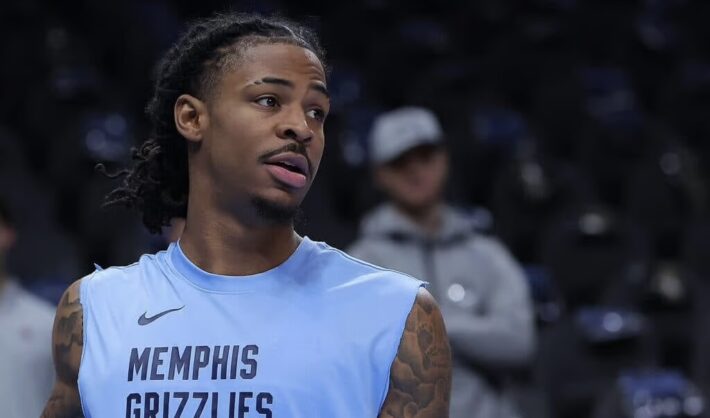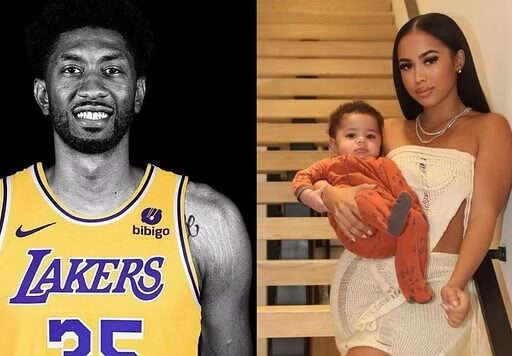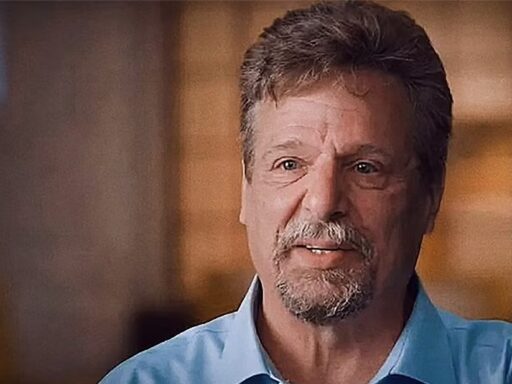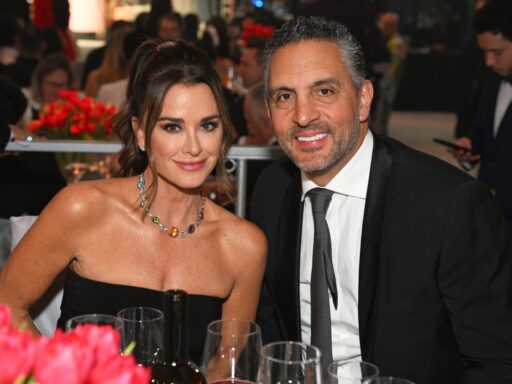
In a win for Ja Morant, a Tennessee judge ruled Monday that the Memphis Grizzlies superstar fairly raised self-defense in a lawsuit filed by a teenager he punched in July 2022.
via: The Athletic
The judge filed an order Tuesday that said Morant was acting in self-defense in 2022 when he punched Holloway, then 17, in the face during a pickup game at his Tennessee home.
Joshua Holloway filed a civil suit against Morant last year, but this ruling, the judge continued, gives Morant “the presumption of civil immunity” in the lawsuit and shifts the burden of proof onto Holloway to show that Morant should be held civilly liable.
The altercation between Morant and Holloway came after several hours of pick-up games at Morant’s house. Holloway had been a regular at Morant’s house and seemed to be there, initially, at the invitation of Morant’s younger sister before he struck up a relationship with the Grizzlies star. The court heard testimony from nine witnesses in December to get an understanding of how and why the incident between Morant and Holloway occurred.
Holloway, Morant, his father Tee Morant, his sister Teniya, his friend Davonte Pack, and former NBA veteran and current agent Mike Miller were among those who testified.
The judge, Carol Chumney, then settled onto a timeline of events, which she used to make her decision. The situation between Holloway and Morant began to get heated when, Chumney wrote in her filing, Holloway put a basketball at Morant’s feet as a way to check the ball to start the game instead of passing it to him.
“Mr. Morant, the other players, and spectators alike universally saw that move as disrespectful,” Chumney wrote in the filing. “Mr. Morant told Plaintiff as much — ‘That was disrespectful’ — and rolled the ball back to Plaintiff. At this point, Plaintiff wouldn’t check the ball. He kept just sitting the ball down. Then he kicked the ball. There were kicking the ball back and forth, rolling the ball. The ball went to the fence, to the other end of the court because neither one would pick it up.
“Plaintiff responded by rolling the ball back to Mr. Morant, this exchange went on for a while. Eventually, though, prompted by other players’ exasperation, Mr. Morant picked up the ball and chest passed it to Plaintiff. Rather than ‘check’ to see whether his team was ready, Plaintiff immediately returned the ball to Mr. Morant, striking Mr. Morant in the face.”
The ball struck Morant in the mouth and sent his head back, according to Chumney’s description.
“Plaintiff did not apologize or give any indication that striking Mr. Morant in the face was a mistake. Mr. Morant responded by asking Plaintiff, ‘What you on? Meaning, ‘What you got going,’ or ‘What you do that for?’ Other players and spectators understood this meaning. Plaintiff did not respond verbally to Morant’s question.
Nor, did he say any threatening words at that time. But Plaintiff’s response was non-verbal: He pulled up his shorts.”
This move, Chumney wrote, was taken as a sign Holloway wanted to fight, citing testimony from six witnesses who described it with that intent. Morant and Holloway then stepped toward one another and ended up chest-to-chest before Holloway bumped Morant with his shoulder and again squared up ready to fight, Chumney wrote.
“Morant took a step back,” Chumney’s filing said. “Holloway pulled up his pants again and stepped forward. Mr. Morant took these actions to mean that Plaintiff was about to hit him. He responded with a single punch to protect himself. Plaintiff stumbled back but then gathered himself, raised his guard, and stepped forward again. Mr. Pack then responded with a single punch. Plaintiff fell to the ground when Mr. Pack hit him, and Mr. Pack immediately began pulling Mr. Morant away.”
Chumney declared this response by Morant was sufficient for her to rule he acted fairly in self defense under Tennessee state law and the use of force was justified.





